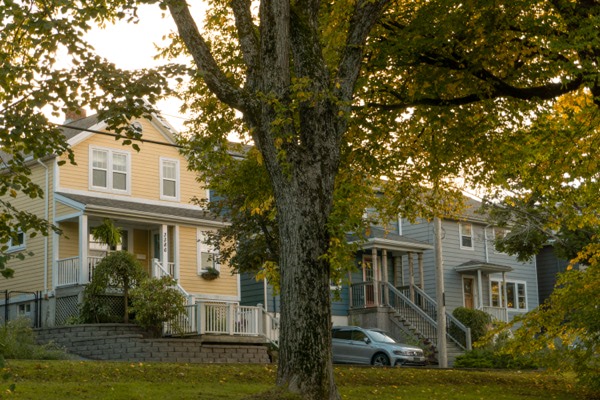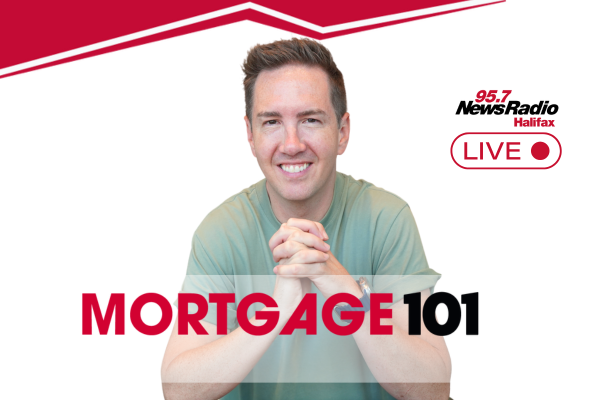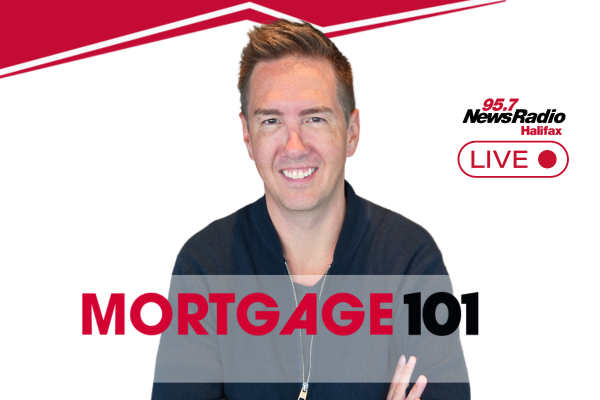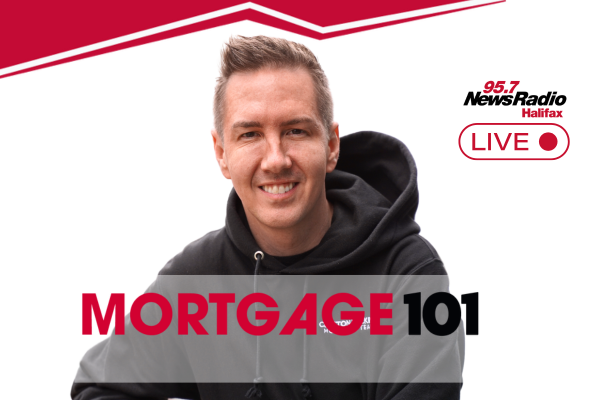Dan Ahlstrand and Clinton Wilkins are joined by Mario Cloutier of Manulife to discuss the importance of risk insurance for home additions, creditor insurance, and the importance of financial literacy.

5 tips to help budget for a home
Are you working on creating a budget for a home? Purchasing a home is an exciting experience, but it also requires a lot of financial planning and preparation! It can be a bit overwhelming if you’re not sure where to start. Here are five easy tips that will put you on the right track and help you reach your goals faster!
#1 Start with a mortgage pre-approval
As always, your home buying journey should begin with securing a mortgage pre-approval. You have probably heard us emphasizing the importance of a pre-approval before. In case you aren’t familiar with the term, a pre-approval is when a lender takes a preliminary look at your finances and provides you with an estimate of what you may be able to afford in mortgage financing. This is just based on your current situation, and it is not the same thing as a mortgage approval.
So, what is the use? Your pre-approval tells you where you stand in the market, and the maximum amount you could afford if your situation remains stable. This will help you move forward, as you will have a better idea of a budget range. Depending on whether you are happy with the results of your pre-approval, you can work to keep your situation the same, or improve it for a higher approval amount in the future.
#2 Evaluate your financial health
Of course, you should take the time to consider your financial health and wellness. The more you understand about your situation, the better prepared you will be for homeownership. You should examine your income, expenses, assets, and debts to get a clear picture of your situation. Look at where your money is going each month, and how much you think you might be able to afford in monthly mortgage payments.
You can also work on improving your credit score! Credit scores above 650 are what you should aim for if you are hoping to secure a traditional mortgage. The higher your score, the better. If you think you need to do some work on your credit, focus on paying off any debts you have, and ensuring you make your payments on time. Consistency goes a long way when it comes to improving your credit.
#3 Do your research on the market
Don’t worry, the term “research” doesn’t mean you have to spend weeks becoming an expert in the real estate industry! This is just a good chance for you to learn a bit more about today’s housing market, and where you might fit into it. It’s always smart to do some prep work before you begin your housing hunt so you can feel more confident in your journey. This includes basic things such as looking at the average housing price in the area where you want to buy, or learning about the demographics and amenities nearby. This kind of knowledge will help you feel more familiar with the market and what you can expect. There will also be more in-depth items you will learn about, including your mortgage options. The good news is if you use a mortgage broker, they can walk you through everything in this area!
#4 Consider your down payment size
A key part of creating your budget for a home is determining how much of a down payment you would like to put down. Smaller down payments (below 20 per cent) take less time to save, allowing you to enter the market sooner. However, these down payments must include the purchase of mortgage default insurance, which is an extra cost you will need to pay for. On the other hand, large down payments don’t require this insurance, but they can take much longer to save for. You must decide how soon you want to get into the market, and how much you are able to contribute each month as you build up your savings. There are certainly pros and cons of each pathway, and there are also restrictions surrounding when you can contribute smaller down payments. Once again, this is when your mortgage broker will come in handy.
#5 Always work with a mortgage broker
It’s important to work with a broker when buying a home! Your broker can help you in many areas throughout the process. We can help you evaluate your financial wellness and set up your pre-approval with a lender who would be a good fit for your needs. We will also walk you through different types of mortgages and down payments, and which path might be best for you. Once you have a good idea of what you want, your broker is also your best resource to make it happen for you. We have access to a wide variety of lenders who can provide you with the best products. Using a broker is the best way to ensure you get the mortgage product and lender you need.
The process of budgeting for a home can feel long and stressful, but you can also start to feel excited about the journey ahead! Homeownership is a major milestone, and you should take some time to enjoy it as you move through the process. Letting a mortgage broker be part of your experience will also help you stay on track, and ensure everything goes smoothly.
If you have any questions about your mortgage, get in touch with us at Clinton Wilkins Mortgage Team! You can call us at (902) 482-2770 or contact us here.


